Independent Playtime (and How It Can Save Your Life)
This post shares what Independent Playtime is, how to introduce it to your children, how we use it today, and 7 specific ways that we see it benefitting our children.
Independent playtime (IP) is one of my all-time favorite parenting hacks. Like, the best, most multi-use tool we’ve found in 6.5 years of parenting. If you don’t use this tool already – you’re missing out! It’s fantastic for fostering creativity, independence, problem-solving and focusing skills in your little one – AND there are benefits for mom too. Like many other aspects of parenting, most babies are not born with the ability to do IP happily, but it is a learned skill that can easily be taught.
Note: it is now almost five years since I wrote this original post and we STILL use this every single day. It’s still amazing.
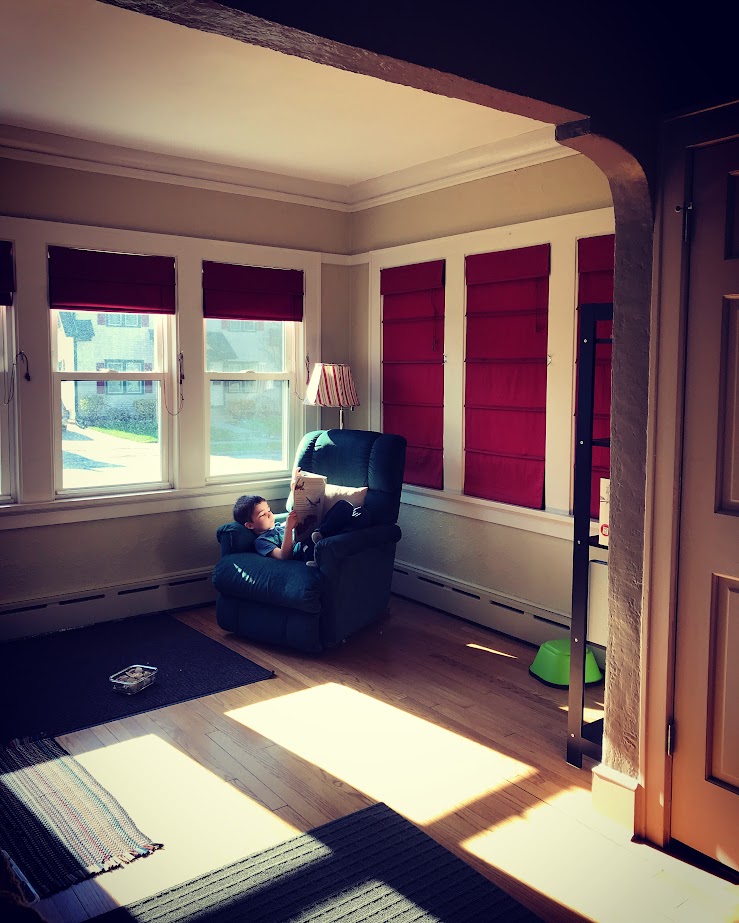
How to Teach Your Child to Play Independently
We started around the age that baby can sit up (mostly) without toppling over. At this time, we set baby in a pack ‘n play with some interesting toys and books (and a pillow behind them if necessary). I would also explain what we were doing – “You are big enough now to play in here by yourself for a little bit! Look at all these fun toys! Mommy will be right in the other room where I can hear you.” Then smile, and leave the room, and wait for the crying to begin. I mean, maybe you’ll be lucky and it won’t, but all three of our boys cried when we first tried this.
However – this is where the top-secret weapon known as The Timer comes into play. Find a timer you can use with an alarm that can easily be heard, and set it initially to about 3 or 4 minutes. There’s a good chance baby will cry that entire time and not play with so much as a dust bunny, BUT the key is to teach him that IP is done when the timer rings, NOT when he cries long or hard enough. So you plug your ears, try to ignore him crying for 4 whole minutes, and then as soon as the timer rings you put on your happy face and go get him. “What a good boy! You played by yourself! Wasn’t that fun?”
Tomorrow you do it again. And again the next day. Now the good news is that babies are extremely smart. They might be stubborn, but they are smart. And, sooner than you think they can, if you are consistent, they will make the connection between their release and the “ding” of that timer. Once they stop crying and start actually playing, then you can gradually increase the length of the timer.
One other trick I’ve used often: I will keep the timer in a place where the baby can easily hear it, but where I can access it without them seeing me. Then, if baby is doing better than expected – or if I suddenly need to pee without company – I can quietly extend the time on the timer without baby seeing me and being distracted. So sneaky!
How We Use Independent Playtime Now
By the time our boys turned 1, they were doing about 40 minutes of IP either once or twice a day. Once they begin to outgrow the pack ‘n play, you can child-proof a room and have them do IP in there (with a gate at the doorway) instead. Just be sure to think carefully about what they might try to climb, eat, get into, etc, to make sure the room is safe for them!
Today, Little Brother (2.5 yrs old) does about an hour of IP in his room each morning while his brothers work on homeschool. If I am sick or not feeling well or just have the feeling that he needs more alone time, he will occasionally do another round in the afternoon. Middle Brother (4) and Big Brother (6) also take a turn at IP in their rooms almost every day. We don’t need or use a timer for any of them anymore – we just tell them it’s time for playtime in their rooms and they happily march off until we come to get them.
As I mentioned, IP is a fabulous help with homeschool routines; it’s also been useful when I am nursing a baby and need some quiet time, or when I can tell that the boys need some down time apart from their siblings to decompress.
Why Independent Playtime is Good For Baby/Child/You
I think the benefits for mom are pretty obvious here. I mean, your child plays happily BY THEMSELVES in another room for a whole 45 minutes? It’s a wonderful chunk of time in which to get chores done, or attend to another child, or take a nap, or simply sit on the couch and enjoy not being touched.
However – no matter how wonderful this idea sounds for mom, I would never use it if I felt that it would be harmful for my child in any way. If I thought they were being neglected, or emotionally scarred, or damaged in any physical or emotional way it just wouldn’t be worth it! But I’m actually convinced that the opposite is true. Here are just a few of the many ways we’ve seen IP benefit our boys.
- Increased focus/concentration skills
- Longer attention span
- Greater independence and confidence
- Better problem-solving skills
- The ability to entertain themselves
- Happier disposition
- More creativity during play

I could go on and on with specific examples of times where we saw the benefits of IP. There have been times where a child has been emotional and overwhelmed; after 45 minutes of IP they come out completely calm and cheerful. There have been times where a child is over-tired or slightly sick and resists a real “nap” time; but naturally and happily falls asleep during their IP.
There have been times I have peeked at a child or baby during their IP and marveled at the intense focus and concentration they display while working to solve a puzzle or put a toy together (which, by the way, happens best when there are no brothers or parents around to interfere or jump to the rescue and help them).
We have two boys who are introverts and LOVE and crave their IP. We have one boy who is extremely social and dislikes being alone; yet we have built up the habit of IP for him and, while he is always happy to be rejoin the rest of the family, he too has benefited from learning to play alone and entertain himself when necessary.
In fact, one could argue that because this skill is harder for him than for his brothers, it is even MORE important that he learn how to be alone so that he can cope with future situations where it is necessary. In the same way, our introverts need to learn to cope with busy and stimulating group settings even though it might not come naturally.
There you have it, possibly my very favorite parenting tool! If you haven’t tried it yet, think about working it into your day – I doubt you’ll ever regret it.
Originally written May 10 2019

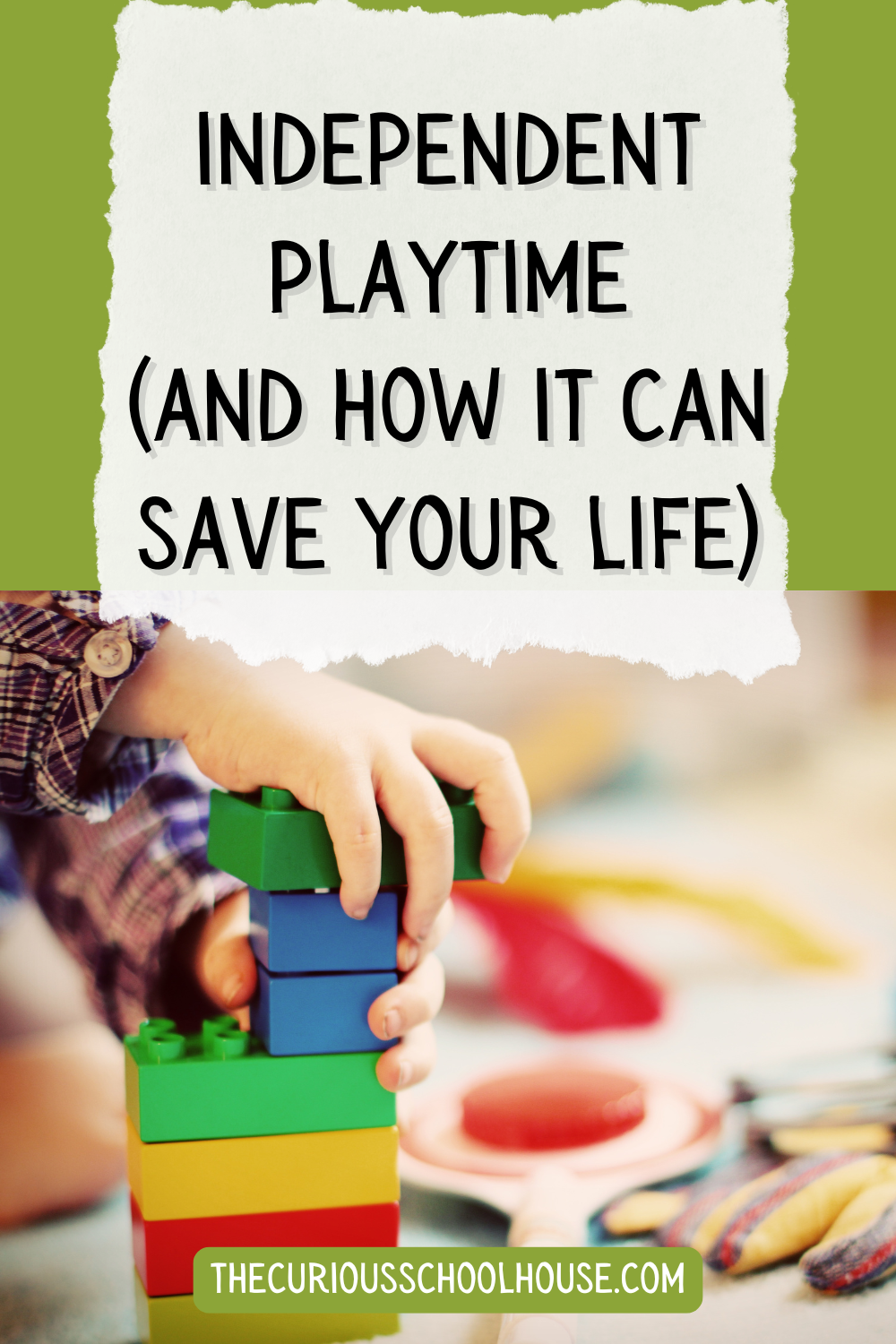
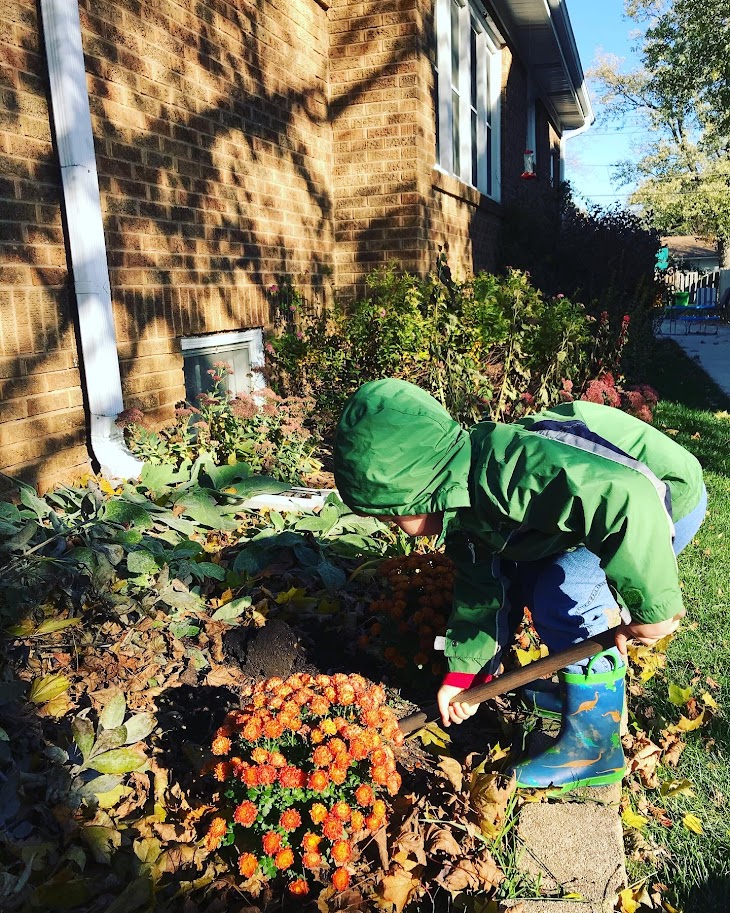


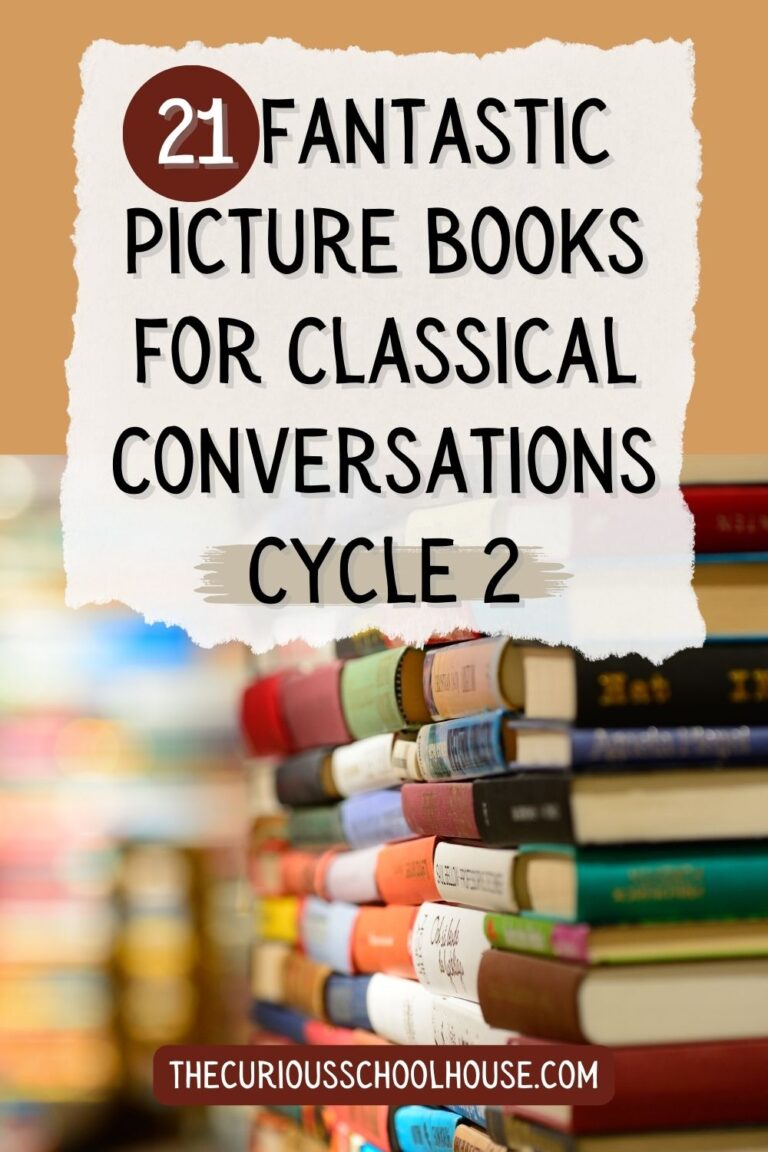
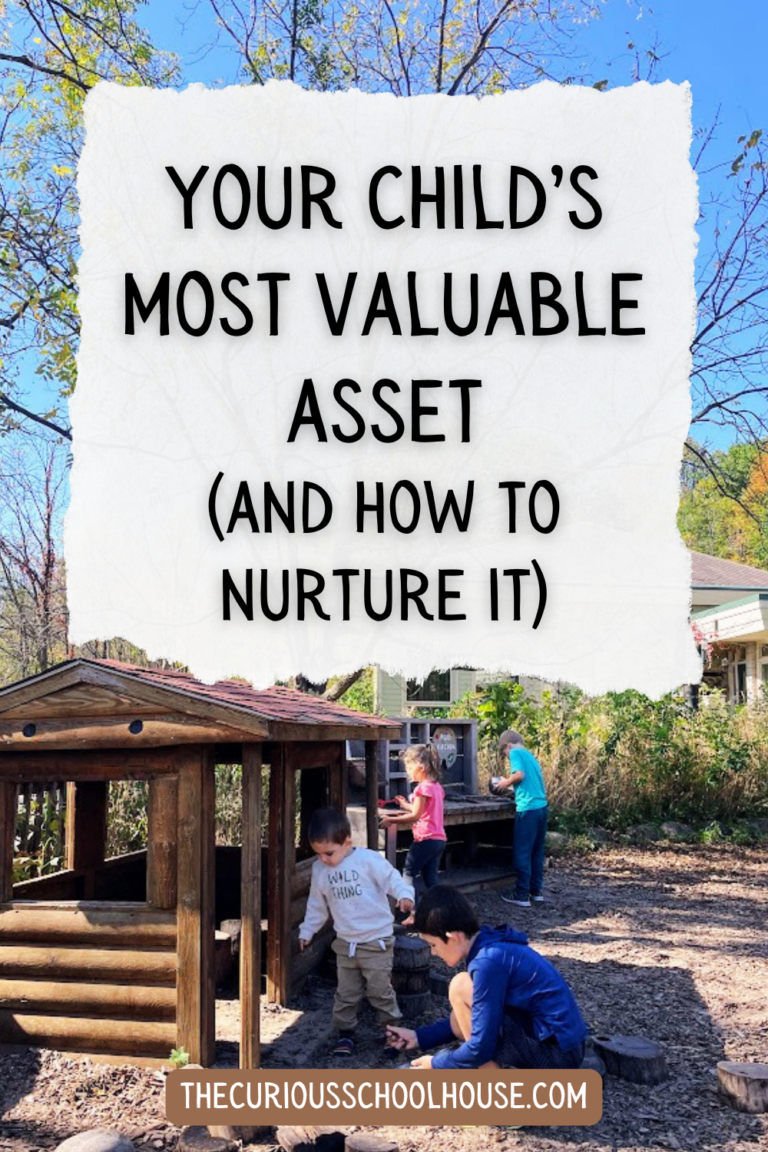
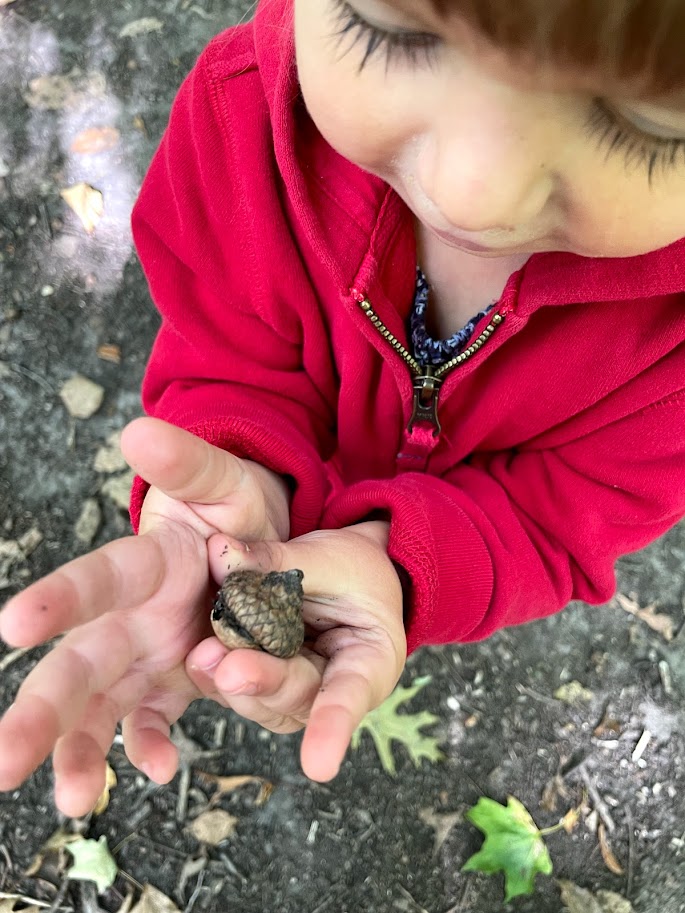
We love independent playtime at our house. Thank you so much for the suggestions!
you’re very welcome! thanks for reading!
We love IP at our house too! Great tips here!
awesome! It’s so amazing 🙂
We loved IP when our boys were little! It gave us a break & we were better parents! Great tips!🤩